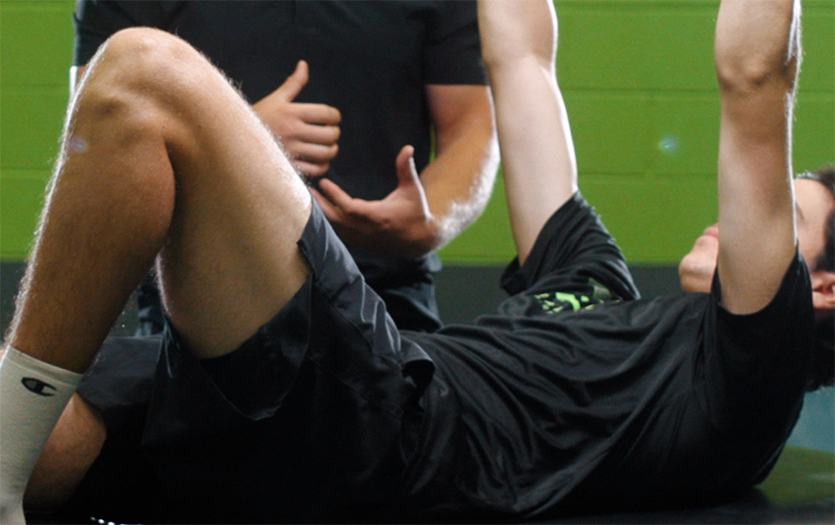
This post was written by Sami Kauffman, RD, sports dietitian, Parkview Sports Medicine.
While the intentions are good, a commitment to clean eating can spiral into something problematic. Maybe you start working out and decide you want to adjust your nutrition for better results. That leads to a desire to consume only organic foods. Then you eliminate sugar and processed foods. After that, maybe you drill down to only raw, non-GMO foods, etc. While none of these changes are fundamentally bad (actually, they can be very beneficial), if the desire to “eat clean” becomes an obsession, it can escalate into a “healthy addiction” that is potentially detrimental to your physical and psychological health in the long term.
Orthorexia
Not always, but a dedication to clean eating can mask symptoms of an eating disorder. Orthorexia is defined as an obsession with eating foods that one considers healthy. When food restrictions are taken to an extreme, it can have negative health consequences, similar to what we see with other eating disorders.
Warning signs of orthorexia
Some indicators of orthorexia include:
- Compulsive checking of ingredient lists and nutritional labels.
- An increase concern about the health of ingredients.
- Cutting out an increasing number of food groups such as all sugar, carbohydrates, dairy, meat, animal products, etc.
- An inability to eat anything but a narrow group of foods that are deemed “clean” or “healthy.”
- Showing high levels of distress when “safe” or “healthy” foods aren’t available.
- Obsessive following of food and “healthy lifestyle” accounts online or on social media.
While there are absolutely exceptions, the concern arises when an individual’s eating habits are producing the symptoms mentioned above or altering their ability to participate in their daily life or normal functions.
Help is available
If you or someone you may know are experiencing many of these signs, seek help from your doctor, a counselor or a registered dietitian. An expert can help you craft an eating plan to achieve your goals based on sound Sports Nutrition data and information.
You can learn more about other common eating disorders in this post or by visiting the National Alliance for Eating Disorders. If you have a sense that you or someone you know might be struggling with an eating disorder or disordered eating, speak up and get an assessment through the Parkview Behavioral Health Institute – Park Center specialized eating disorder program. For an assessment, call 260-481-2700.



